It can be hard to make sense of randomness. Our brain is constantly looking for cues and details that help us to complete the patterns that allow us to grasp the world around us. However, sometimes giving in to the disorder can yield positive results, like fostering creativity that allows for exciting discoveries.
For today’s unexpected dose of randomness, we’re looking at the “I Don't Know. I'm Just Sharing” Facebook page. It’s full of captionless pictures that might raise more questions than they answer, but that’s the whole fun of it! Relax and give in to the chaos that these photos exude, and don’t forget to upvote the ones that bewildered you the most.
#1
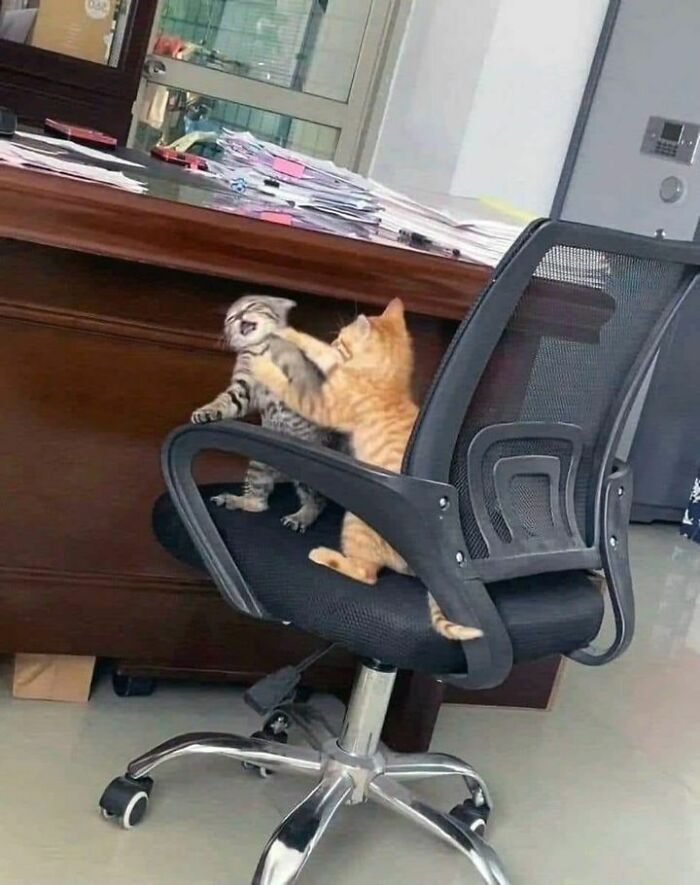
Image credits: IDKIJSV
#2

Image credits: IDKIJSV
#3

Image credits: IDKIJSV
Editor of Oxford English Dictionary, Jesse Sheidlower, explains that the word ‘random’ can be described as a term meaning peculiar, strange, nonsensical, unpredictable, inexplicable, or unexpected.
The name originally started out as a noun in the 14th century and was used to refer to great speed, force, or violence in riding or running. Like in the phrases “run with great random" or “ride at random.”
#4

Image credits: IDKIJSV
#5

Image credits: IDKIJSV
#6

Image credits: IDKIJSV
In the 17th century, it meant “lacking a definite purpose.” Two hundred years later, it acquired a mathematical sense.
It was used as a highly technical definition, referring to “governed by or involving equal chances for each of the actual or hypothetical members of a population; also, produced or obtained by such a process and therefore unpredictable in detail."
#7

Image credits: IDKIJSV
#8

Image credits: IDKIJSV
#9

Image credits: IDKIJSV
The experts, or rather geeks who used this word daily turned it into slang in the 1960s after a jokey article called the students “randomized tools.” The meanings of stranger, outsider, odd, peculiar, unfamiliar, and unexpected got stuck to the word and went mainstream when it showed up in the Hacker's Dictionary.
#10
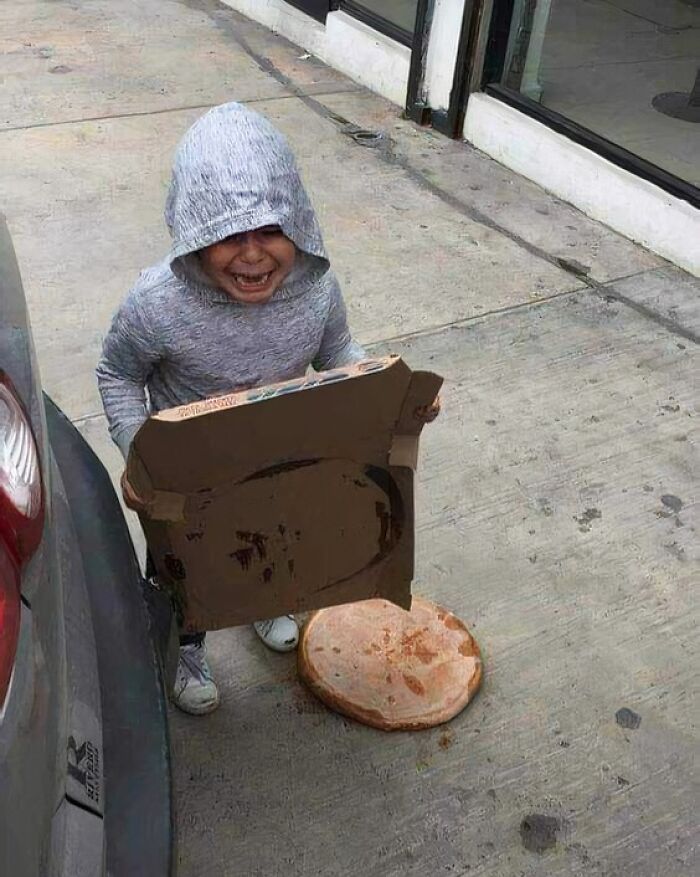
Image credits: IDKIJSV
#11

Image credits: IDKIJSV
#12
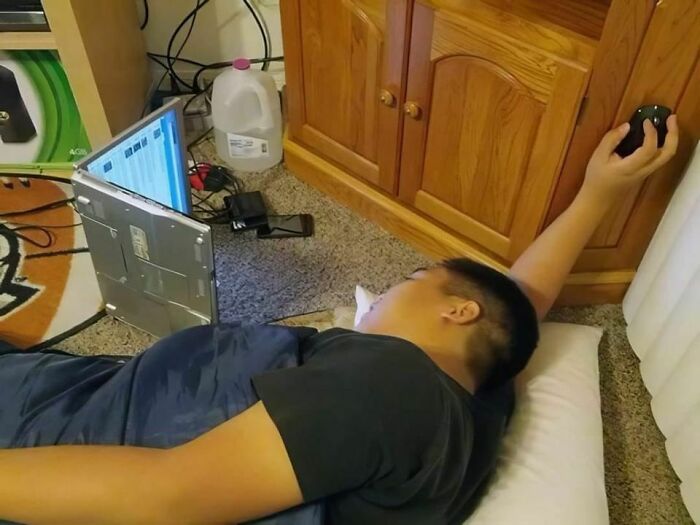
Image credits: IDKIJSV
Even though it might seem like an atypical word, randomness is a vital part of life. "Every now and then at—random—you end up with something awesome," says Charlotte McDonnell, maker of the web series Fun Science. "And this could be anything—like longer feathers, sharper teeth, bigger muscles, a giant brain, anything that can help life survive. And that is why I think randomness is so cool, because it is what gives awesome things the chance to happen."
#13

Image credits: IDKIJSV
#14

Image credits: IDKIJSV
#15

Image credits: IDKIJSV
Indeed, our life is made up of a series of random events, and we are where we are because of them. They might not always be positive but they help us to adapt and grow in ways we probably wouldn’t have otherwise. For this reason, we should embrace it and be open to new experiences. Even though our brain craves control, breaking this habit can present exciting opportunities.
#16

Image credits: IDKIJSV
#17

Image credits: IDKIJSV
#18
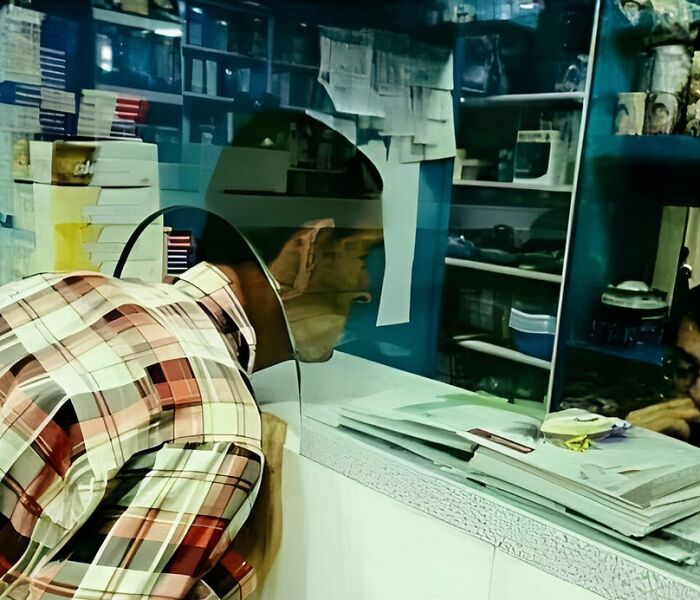
Image credits: IDKIJSV
Interestingly enough, in humans, randomness peaks at the age of 25, making it the perfect time to make uncalculated choices. “At age 25, people can outsmart computers at generating this kind of randomness,” said Hector Zenil, co-author of a study published in the journal PLoS Computational Biology.
#19
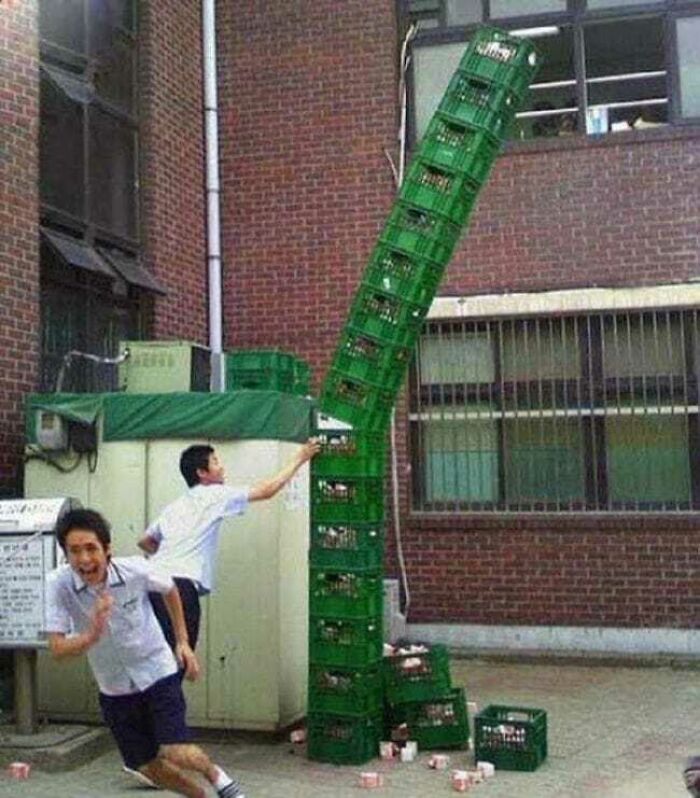
Image credits: IDKIJSV
#20
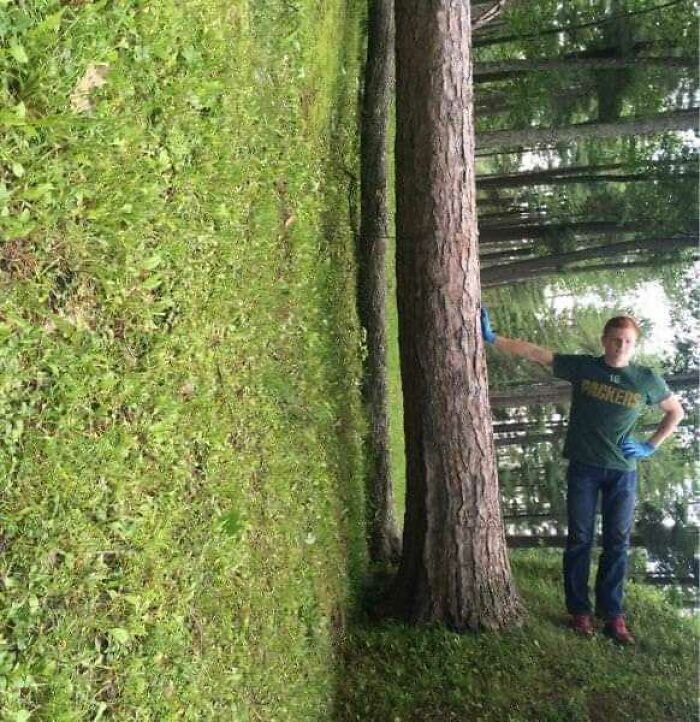
Image credits: IDKIJSV
#21

Image credits: IDKIJSV
Unfortunately, this ability starts steadily declining at 60, as it's directly related to our cognitive abilities. It’s worth mentioning that age is the only factor that seems to affect randomness. “Neither gender, language spoken, beliefs nor education level had any impact,” says Zenil.
#22

Image credits: IDKIJSV
#23

Image credits: IDKIJSV
#24

Image credits: IDKIJSV
So it’s best to start embracing randomness now before our declining cognitive abilities stop us from doing so. Karen Elaine Parsons, the author of The Art of Kumomi: Finding Meaning in Randomness, suggests taking up this exact art form. It’s a creative process that combines the randomness of spontaneous painting with the meditation of mindful drawing. Its aim is for people to enjoy the creative process, relax the body, and open the mind, which is key to embracing randomness.
#25

Image credits: IDKIJSV
#26

Image credits: IDKIJSV
#27

Image credits: IDKIJSV
Psychiatrist Ralph Lewis, M.D., even claims that our inability to recognize or accept randomness can harm us. In his practice, he often sees people blaming themselves for things or problems that were entirely out of their control, like poor genes, a toxic past environment, or unpredictable circumstances. Subsequently, they feel anger and abandonment when their universe is shattered by an unfair situation.
#28

Image credits: IDKIJSV
#29

Image credits: IDKIJSV
#30

Image credits: IDKIJSV
“Although coming to terms with randomness is initially frightening, it can ultimately be liberating and empowering. It can liberate us from our irrational fears and our unfounded self-blame. And shifting the emphasis to humans having to rely only on ourselves and each other empowers us and motivates us to live with a sense of interdependent purpose,” he concludes.
#31

Image credits: IDKIJSV
#32

Image credits: IDKIJSV
#33
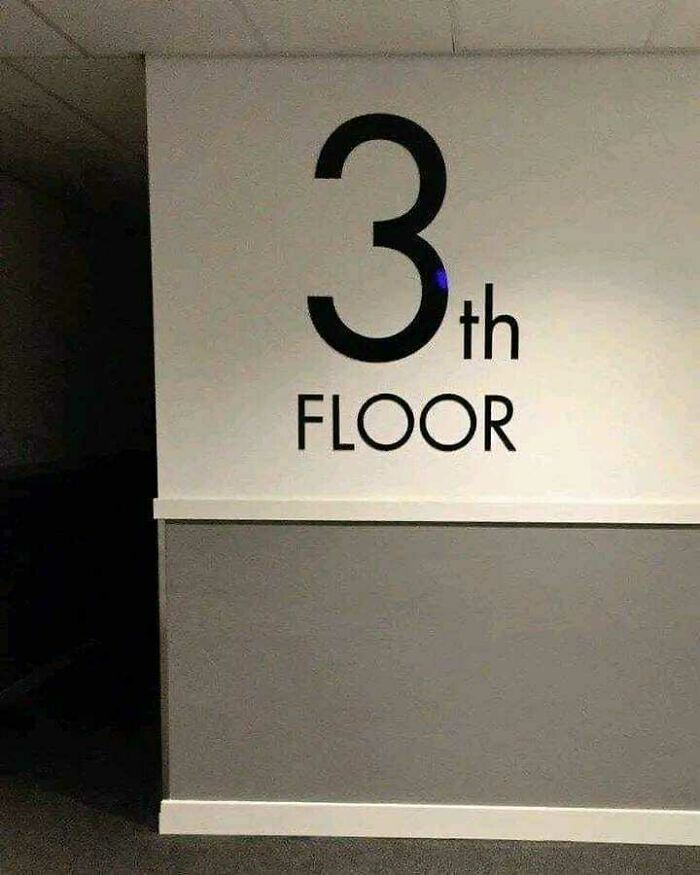
Image credits: IDKIJSV
#34

Image credits: IDKIJSV
#35

Image credits: IDKIJSV
#36

Image credits: IDKIJSV
#37

Image credits: IDKIJSV
#38

Image credits: IDKIJSV
#39

Image credits: IDKIJSV
#40
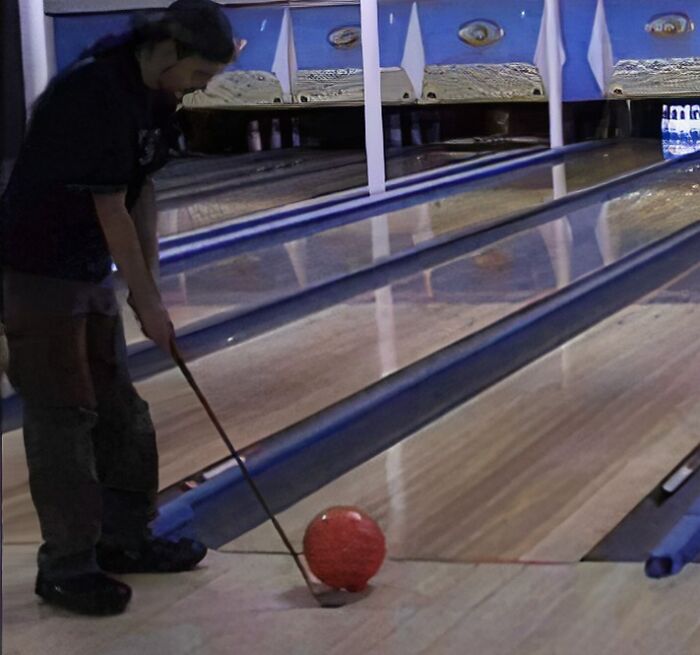
Image credits: IDKIJSV
#41

Image credits: IDKIJSV
#42

Image credits: IDKIJSV
#43

Image credits: IDKIJSV
#44

Image credits: IDKIJSV
#45

Image credits: IDKIJSV
#46

Image credits: IDKIJSV
#47

Image credits: IDKIJSV
#48

Image credits: IDKIJSV
#49

Image credits: IDKIJSV
#50
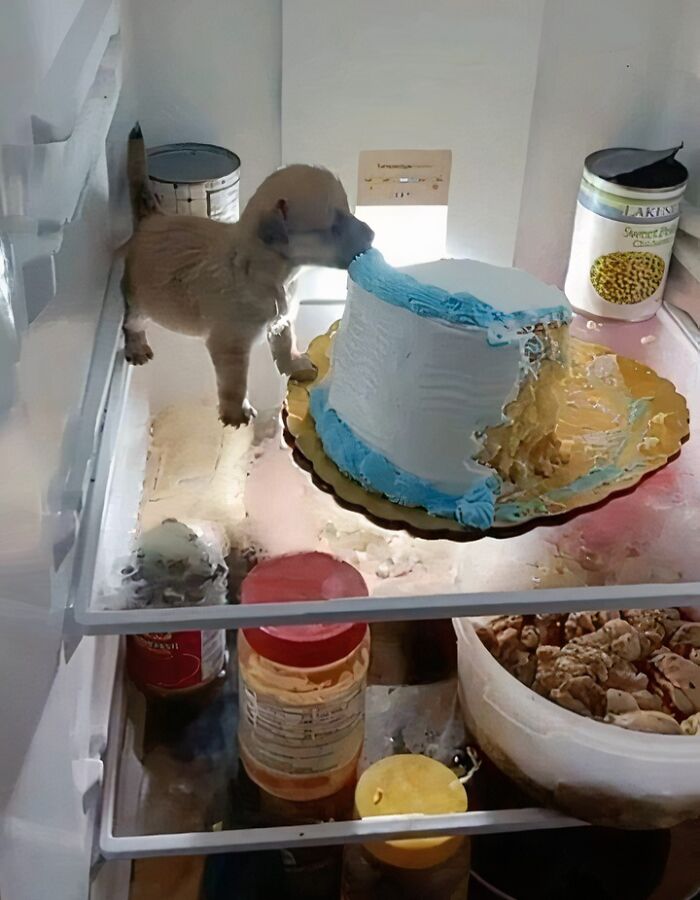
Image credits: IDKIJSV







